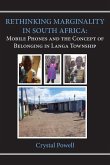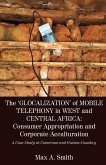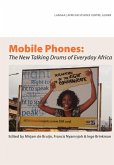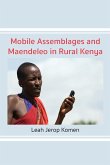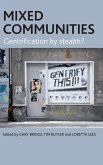This detailed, meticulous ethnographic study on mobile phone use among Nuba students at the University of Khartoum in Sudan, distinguishes itself from other studies by taking a focused look at the linguistic content of mobile phone interactions via text-messaging, portraying it as a site for the expression of personalized and affective language. While men and women appear to be equally aggressive consumers and producers of text-message poetry, women are formally discouraged in using the phone for relations that go beyond the publicly acceptable norms of "keeping in touch" and making arrangements. Nonetheless, women use it for such purposes and many manage it discreetly, showing how this technology can serve to subvert discursive norms on gender and marriage. The mobile phone in Sudan enhances individual autonomy over interactions, making possible the extension and creation of social spaces. It simultaneously enlarges private space and trespasses into public space. Poetic themes and language, previously limited to elite producers - those both more literate and who had control over mass media domains, radio and newspapers - are exposed to anonymous recipients, who draw from, copy or forward them in continuous circulation, thereby staking a claim in the public sphere. Similarly, the mobile phone serves as a site for the exercise of several layers of identity in negotiation, and reflects or creates alternative identities and the contestation of existing discourses, communities in physical space and notions of belonging.
Bitte wählen Sie Ihr Anliegen aus.
Rechnungen
Retourenschein anfordern
Bestellstatus
Storno


